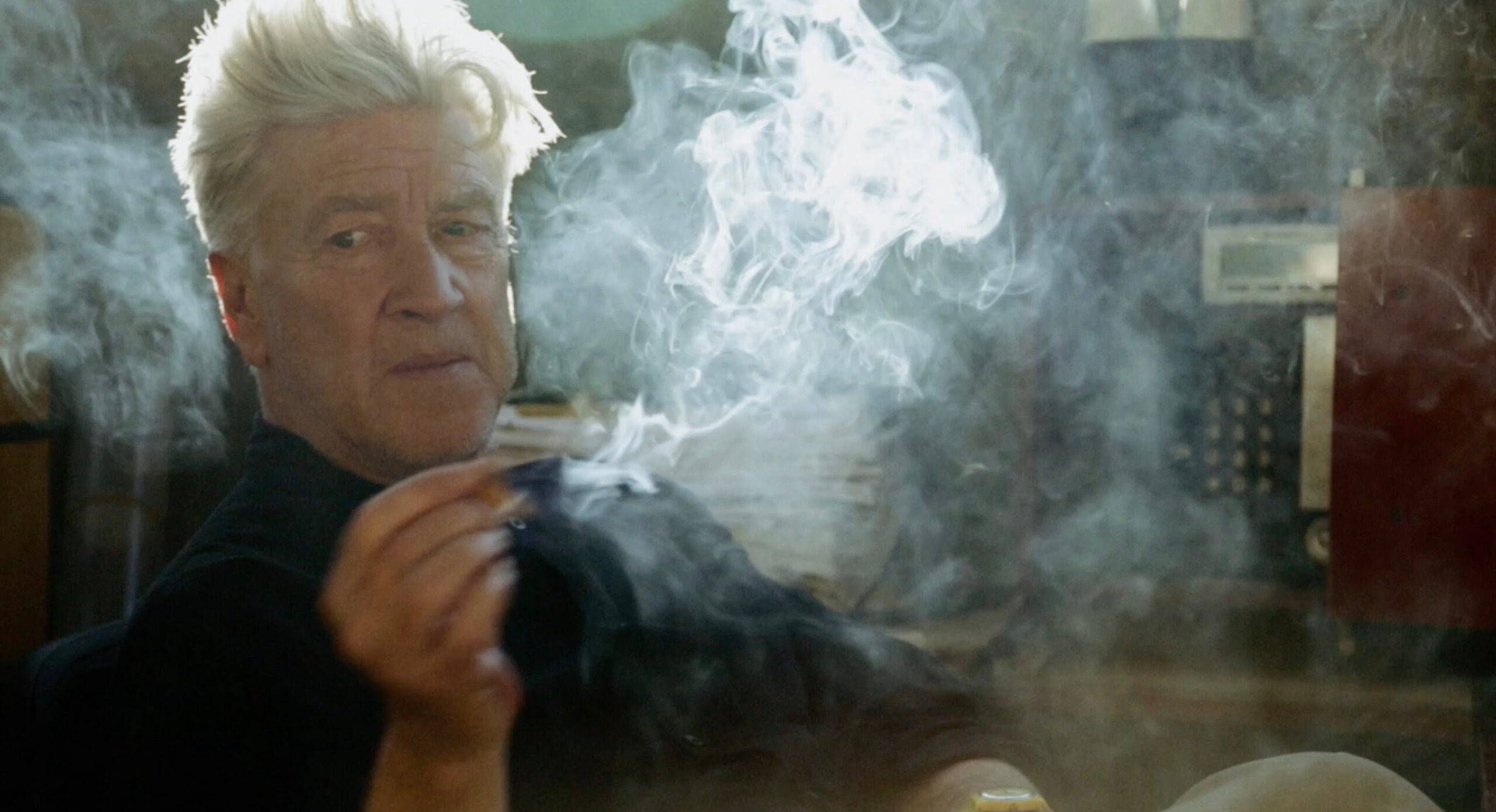The messenger of the subconscious – at the death of David Lynch

When the Twin Peaks fever raged in the early ’90s, David Lynch’s distinctive crime drama also made its way into the animated series The Simpsons. The dim-witted Homer Simpson sits in front of his TV, where a giant dances with a horse to unsettling jazz in the middle of a forest. “Brilliant!” Homer says, chuckling to himself. “I have absolutely no idea what’s going on.”
The parody neatly sums up the Lynchian paradox: we live in an entertainment culture that seems to prefer clear narratives and logical plotlines. So how could David Lynch – an uncompromusing artist, delving in the mysterious and the impenetrable—and still capture the public imagination? I’m writing this the day after Lynch’s passing, and my social media feeds are overflowing with thousands of people paying tributes to the unique filmmaker.
Lynch’s films is often described as “dreamlike,” – and Roy Orbison’s song In Dreams plays a central role in the masterpiece Blue Velvet. Our dreams are often incomprehensible even to ourselves, rarely following traditional logical narratives. And yet Lynch’s dreamlike visions speak directly to something within most of us. We all spend several hours every night in the world of dreams. So, even though we rarely remember our dreams in detail, their enigmatic undertone is a familiar part of our worldview. Lynch mastered the art of subtly suggesting daily life invade the unreal—just enough for us all to recognize this mood from our dreams.
In fact, actual dreams are rarely presented as such in Lynch’s works. Rather, his characters struggle to navigate an uncertain in-between state, straddling dream and reality—and we as viewers are challenged in our ability to follow the often labyrinthine narratives. The TV crime series Twin Peaks frequently explodes into hallucinations and alternate realities. The world of Lost Highway falls apart midway through – when the protagonist inexplicably mutates into an entirely different person. In Mulholland Drive, a large portion of the story may turn out to be the heroine’s (wishful) dream. And even though The Elephant Man is a relatively traditional depiction of an extraordinary human life, and Blue Velvet is a film noir about the darkest corners of sexuality, both play out in an unsettling atmosphere of unreality.
Privately, Lynch practiced Transcendental Meditation—a simple meditation technique unfortunately marketed through a distasteful money-making scheme. According to Lynch’s descriptions, the technique offered something akin to the hypnagogic state—the phase between wakefulness and dreaming—or so-called lucid dreaming. These are experiences where human consciousness is afforded a glimpse into the subconscious – and according to Lynch, this is where he found the direct inspiration for his works.
I have spent most of my life engaged in creative work. And over the years, I have learned that true inspiration can not be evoked by rationality—in fact, they don’t even have to makes sense in any traditional sense. The best work stems from ideas that emerge inexplicably from the subconscious, of which we are ordinarily unaware.
And with the death of David Lynch, that subconscious has lost one of its most important messengers.
Leave a Reply